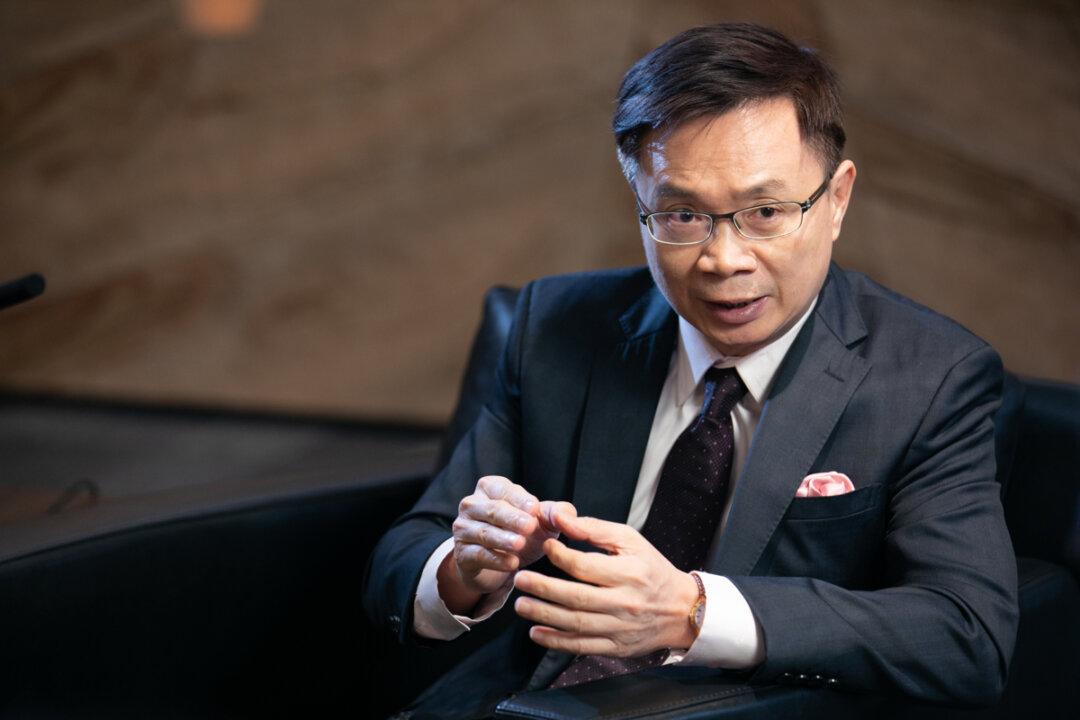NEW DELHI—India and Taiwan in an effort to strengthen and expand their bilateral economic engagement are eyeing a free trade agreement, and looking at setting up a semiconductor manufacturing hub in an Indian city.
James C. F. Huang, chairman of the Taiwan External Trade Development Council (TAITRA) and the first director of Taiwan’s New Southbound Policy Office established under President Tsai Ing-wen, told The Epoch Times in an exclusive interview of the importance of an India and Taiwan partnership in securing stability for the Indo-Pacific region.





